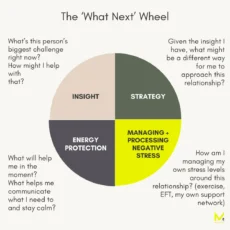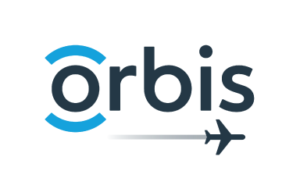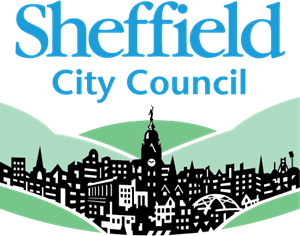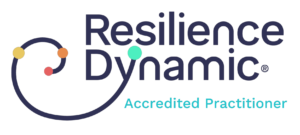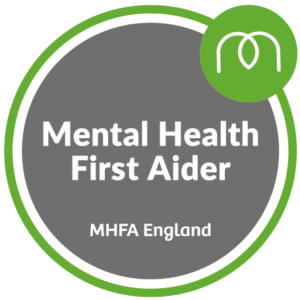Of course, this is a silly blog title isn’t isn’t it, because actually there’s an infinite number of things you could do to create more balance and breathing space.
And that’s because what’s getting in the way of you having that breathing space is highly individual to you. Your life and how your work is set up. The things that you love to do and the things you procrastinate over.
However, there are some universal themes, and I’m going to borrow three of them from my colleague Alison Kane who I’m co-facilitating a lot with at the moment. She’s been involved in research into what drives resilience for years, and whether we like how that word is used or not, there’s useful learning to be had.
I’m going to share 3 typical barriers to you maintaining your energy, feeling minimal negative stress, indeed feeling resilient. I’ll share them all and give you some examples.
1. Boundaries
No surprises here. I often talk to people who are very clear on their boundaries, it’s just that they haven’t communicated them in an assertive way or a way where they’ve been taken seriously. Me chairing the PTA is a classic example of having to be ‘boundaried’. It’s a role which is as long as a piece of string, and I say ‘no I’m sorry we can’t do that’ quite a bit, or the volunteers we do have, would soon disappear.
Which boundary do you have do you struggle to communicate? How might you approach it differently?
An example I have is that I don’t tell clients when I have days off or when I’m not available, because that feels like me having to justify myself, I simply share when I am available, and I don’t necessarily feel the need to tell the story behind that.
2. Busy-ness
There’s lots of reasons why we might thrive on being busy. Some of them are cultural – being busy equates to being important. But that hustle culture of achievement, it’s a patriarchal construct. And as such we can opt out of it, if we shift our gaze to what we do value: connection, joy, peace, calm, learning.
What’s important to you? How might you find more of that in your week, even if you find yourself in an organisation whose culture prizes busy-ness?
3. Beliefs
Okay so this one is a lifetime’s work. We all hold beliefs we’ve picked up along the way, from the messages we receive from our family, culture, education, first work places and so on.
‘I can’t hand in this paper until it’s perfect’
‘If I receive any criticism it means I’m a terrible person and rubbish at my job’
‘I must put other people’s needs before my own’
‘My way of doing things is the best way’
‘A harmonious workplace equals a high performing team’
Which resonate with you?
What else does your inner critic tell you, when the chips are down?
Noticing and reframing unhelpful beliefs or narratives into something that serves you better is a core part of 1-1 coaching. Just noticing them and naming them as a story or one way of looking at things, can help. Sometimes we need to unpick things a bit more and that’s where EFT (emotional freedom technique) can be so powerful, helping you get in touch with your emotions that keep you thinking the same unhelpful thoughts supports you to let go and choose a new narrative. Heady stuff!
If you’d like to read more on what impacts your resilience, I recommend the book The Resilience Dynamic by Jenny Campbell, or you can read more and do a quick resilience quiz right here: Self-Assessment – Resilience Dynamic




